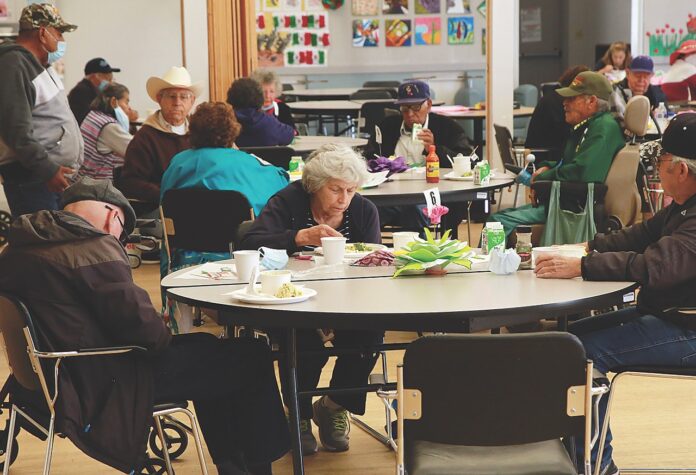
SANTA CRUZ—Meals on Wheels of Santa Cruz County (MOW) has received a temporary reprieve, seven months after receiving an eviction notice from Live Oak School District.
The organization has been operating out of the Live Oak Senior Center—which the school district owns—since 1977.
While the eviction notice came on May 4, the school district told Community Bridges in 2018 that it was looking to construct workforce housing on the property at 1777 Capitola Road. The organizations have been negotiating since then.
MOW, a program of Community Bridges, last year distributed roughly 250,000 meals to seniors, many of them homebound and living below the poverty line.
In addition, some 45 people per day are served by the onsite senior center, where the mid-county location draws people from throughout the county.
According to Community Bridges spokesman Tony Nuñez, the six-month extension gives both organizations breathing room to meet their goals.
But moving would be a costly endeavor for MOW, he said, and prove a logistical challenge.
The LOSD Board of Trustees made the decision at its Dec. 14 meeting, and also approved the creation of a sub-committee to discuss the future development of workforce housing at the site.
The District’s plans potentially include a mixed-use housing project that could include permanent space for Meals on Wheels.
Community Bridges is in the “intermediate stages” of seeking out a location in Santa Cruz as a failsafe if the school district follows through on the eviction. Those discussions, Nuñez says, include local, county and state officials.
But making that move will require nearly $2 million of renovations and repair and up to two years to complete the necessary improvements.
Seeking a new location would also require MOW to temporarily spread its operations across to facilities at Elderday in Santa Cruz and the City of Watsonville, requiring the organization to make renovations and capital improvements to address those impacts to the kitchens.
In addition, MOW would be required to spend thousands of dollars to rent freezer space for its Home Delivered Meal program.
“The question is that we don’t have time,” said Community Bridges CEO Raymon Cancino. “Construction and development is two years away, and we have a six-month extension. Those realities just don’t meet our needs.”
Cancino added that the organization does not want to spend its money on a temporary location.
“We want to make these one-time expenses worthwhile,” he said.











when our college president returns from out of the country, i will ask him if our community college could temporarily house Meals on Wheels. yes, I am only 1 trustee , out of 7, but I think it is worth asking.